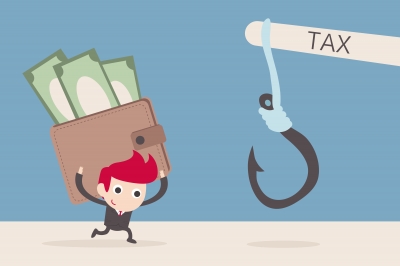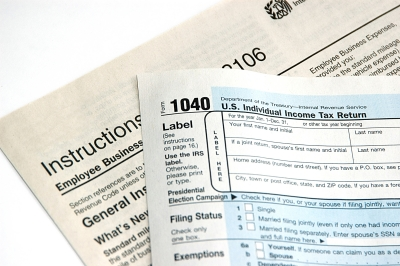Taxpayers who are in debt to the IRS may not be aware that the agency is restricted to a certain amount of time to collect on the debt. This means that some individuals who are close to the end of the statute of limitations may only have a short amount of time left to make payments on their accounts. After the statute of limitations runs out, even the IRS cannot legally pursue back tax payments from individual taxpayers.
What is the Statute of Limitations on an IRS Tax Debt?
What is an IRS Bank Account Tax Levy?
Tax Tips for Over 50 and Retirement
Guidelines for Unfiled Tax Returns
Do you have unfiled IRS income tax returns from previous years? If so, you can clear them up by filing the returns in question at any time. Here are a few guidelines to help you clear up your unfiled IRS income taxes.
IRS Tax Levy: How to Avoid and Release
Taxpayers who have a tax levy imposed on their accounts often have to deal with tax troubles for years to come. The levy can dramatically affect their well-being, siphoning off needed income and valuable assets. If you receive a notice of an intent to levy it’s important to find out what is involved.
How to Qualify for IRS Innocent Spouse Relief
The IRS offers innocent souse relief in very limited tax situations. This arrangement allows spouses who were not involved in the tax fraud or errors perpetrated by their husbands or wives to be absolved of tax liability. However, qualifying for IRS innocent spouse relief can be a complicated process.
Can the IRS Seize Your Property?
Did you know that the IRS has the authority to seize your assets if you owe back taxes? The Internal Revenue Service is one of the most powerful government agencies when it comes to seizing control of individual assets so it's wise for any taxpayer to understand the agency's authority and how it exercises asset seizure in cases of income tax debt.
What is an IRS Tax Settlement?
Help with IRS Tax Payment & Installment Plans
SUBSCRIBE VIA EMAIL
POSTS BY TOPIC
- Tax Tips and Help (285)
- IRS Collections (121)
- IRS Audit (72)
- Tax Credits and Deductions (70)
- Tax Resolution (62)
- Business Taxes (54)
- Back Taxes (48)
- Wage Garnishment (21)
- Tax Levies (19)
- IRS Payment Plans (15)
- Tax Liens (14)
- Offer in Compromise (9)
- Unfiled Tax Returns (9)
- IRS Tax Attorneys (7)
- Asset Seizure (6)
- Tax Evasion (6)
- Criminal Tax Defense (4)
- Innocent Spouse Relief (4)
- Alimony (1)











